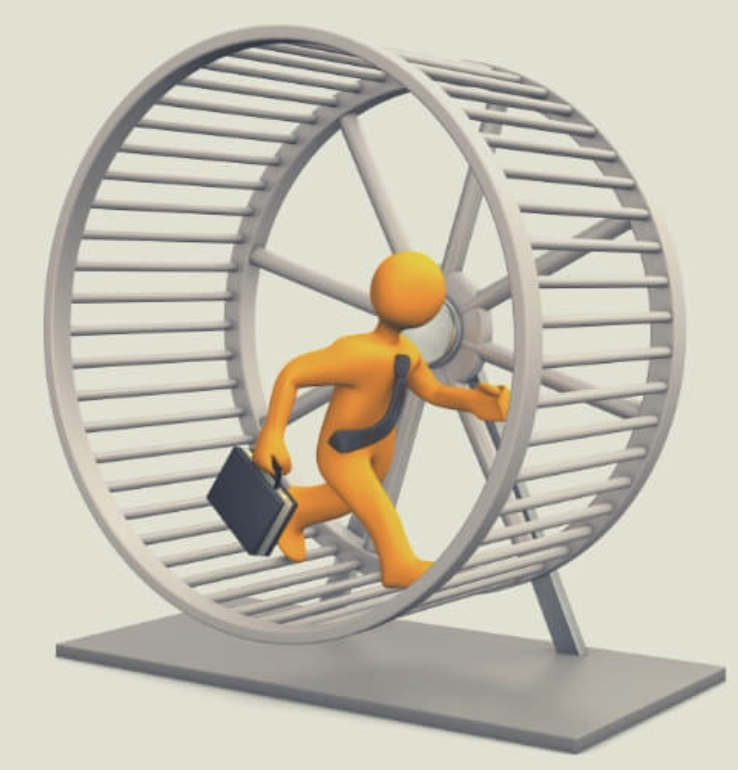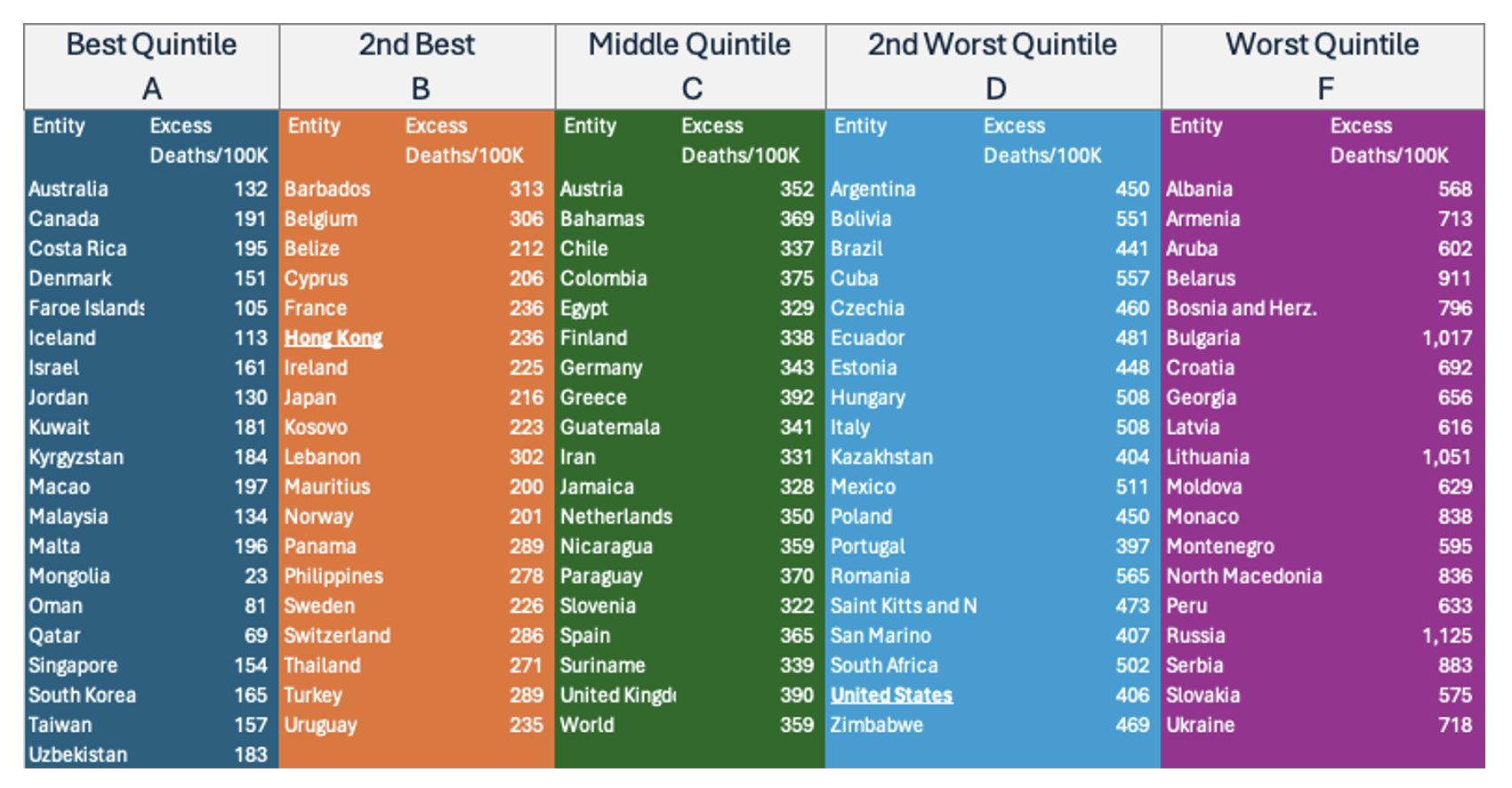Choosing vs Being
TLDR=There is more to a happy life than making good choices.
Post-scarcity moderns are enthralled with lists of best foods, best music, best people. Fear of missing
out (FOMO) threatens the tranquility of every present moment. Day after day, people re-experience
that the anticipated shiny new object which they thought would bring so much joy leaves them no better
off. This repeated experience is called the hedonic treadmill. Economists teach about this fact of life,
and we have theories for it, but we still stick to the basic idea that happiness comes from choosing.
Choosing in economics is referred to as “utility maximization” and written in math as Max U( C).
This is read as “max yoo of cee” where U stands for utility or happiness and C stands for the things one
consumes. It is time that economists wake up to the fact that the happiest people are actually maximizing
U (“be”). The simple gift of “being where we ought to be” cannot be modeled as a bundle of goods and
services.
How can economists stop being the Pied Pipers of the hedonic treadmill? As social scientists,
economists could spend more time observing and modeling the creation of shared values that are the root
of meaning. There are threads of economic inquiry heading in this direction. Evolutionary economics
recognizes the social brain and the happiness that comes from being aligned with a community. It turns
out that the physics that describes the alignment of electrons as spin up or spin down in a magnetic field
can be applied to humans becoming happier when they align their being with those they are surrounded
with. We intuitively know this as we try to either be with the ones we love or love the ones we are with.
If economists realized that U (be) was equally worthy of scientific attention as U(C ) we would be far
ahead in achieving the happiness we want in a sustainable non-consumption related way. When David
in Psalm 23 wrote how his cup runneth over—the abundance he felt in his spiritual life had nothing to do
with the price of beer. Happiness from being is the ultimate in low cost, eco-friendly, improvements
in human welfare.
I am not proposing to end the economics of consumer choice, I simply ask for economics to pay attention
to the social data that we purport to be the science of. Adding a focus on the very human act of creating
a happy life by deliberately being a person of principle would recreate the dismal science as a science
of joy.
David Bishai, is Clinical Professor and Director University of Hong Kong School of Public Health
(Graphic from. https://www.developgoodhabits.com/hedonic-treadmill/)



Comments
Post a Comment